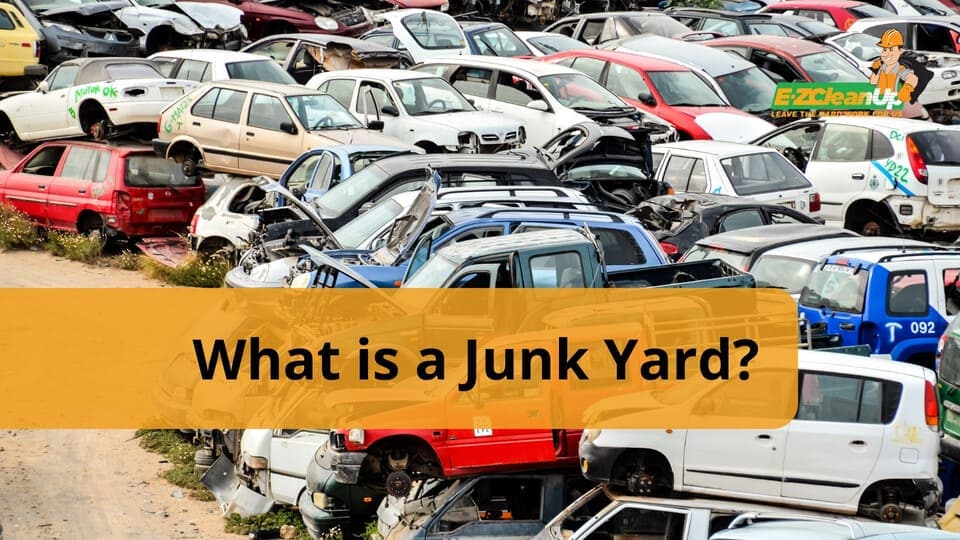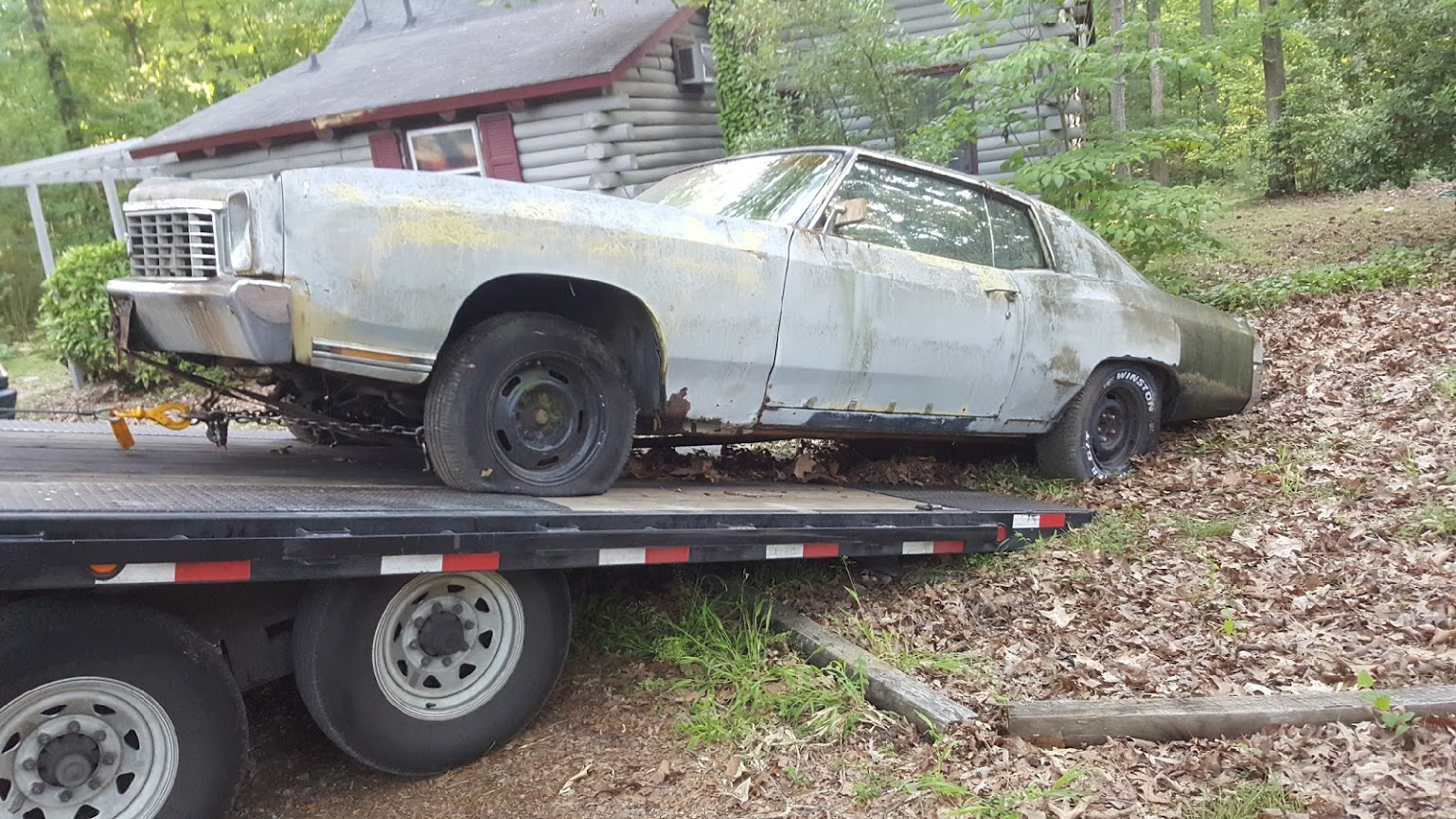The Financial and Environmental Advantages of Recycling Scrap Automobiles
Reusing junk automobiles provides numerous economic and environmental advantages that expand well beyond waste reduction. These benefits underscore the diverse value of reusing scrap automobiles, yet there are even more elements to consider when reviewing its complete impact.
Lowering Garbage Dump Waste
Lowering garbage dump waste with the recycling of scrap vehicles plays a crucial role in ecological preservation. Efficient recycling procedures can dramatically reduce the volume of waste that finishes up in landfills when automobiles get to the end of their life cycle. Junk vehicles, if not effectively reused, add to the expanding problem of landfill overcapacity, exacerbating ecological degradation and possibly polluting soil and groundwater with unsafe compounds such as oil, gas, and hefty steels.

Moreover, the reusing process alleviates the damaging effects of vehicle waste on biodiversity. Land fills are well-known for disrupting regional ecological communities, and decreasing the increase of scrap autos helps preserve all-natural environments. Ultimately, recycling junk automobiles is a critical strategy that fosters sustainable waste management, straightening with broader environmental goals.
Conserving Natural Resources
In enhancement to mitigating garbage dump overcapacity, recycling junk automobiles plays a considerable role in preserving natural resources. By reusing junk cars, we significantly reduce the need for raw materials, thereby suppressing the environmental destruction connected with mining activities.
In addition, the procedure of recycling vehicle parts such as copper, aluminum, and lead is far much less energy-intensive than creating these materials from virgin resources. This energy financial savings translates straight into lowered nonrenewable fuel source usage and reduced carbon impacts (we buy junk cars Denver). Furthermore, by reclaiming and repurposing materials, we prolong the lifecycle of non-renewable resources, ensuring they continue to be offered for future usage
Additionally, reusing automotive fluids like oil, antifreeze, and transmission fluid protects against hazardous compounds from infecting dirt and water sources. With systematic reusing efforts, these fluids can be cleansed and recycled, advertising a round economy and further reducing the strain on natural deposits. Hence, reusing scrap automobiles uses a complex approach to conserving our world's very useful natural assets.
Creating Job Opportunities
The recycling of scrap autos not just benefits the environment but additionally boosts economic growth by developing task chances. This growing industry supplies a large variety of employment leads, varying from the preliminary collection and transport of old automobiles to the elaborate procedures of taking apart, sorting, and repurposing the numerous elements.

The spreading of recycling plants further enhances the job market, requiring functions such as engineers, device operators, and high quality control specialists to make sure and take care of the innovative equipment compliance with environmental policies. Even administrative settings, such as sales, advertising, and customer care, see a surge as the industry increases.
Decreasing Production Expenses
By integrating recycled materials from scrap autos, suppliers can significantly decrease production prices. The energy needed to refine recycled materials is dramatically less than that needed to generate new materials from scrape.
In addition, the reusing process helps enhance the supply chain by providing a consistent increase of materials that are readily available and often less expensive than freshly extracted resources. These expense performances are particularly important in a very affordable industry like automotive production, where margins can be razor-thin. In addition, the recycling of junk cars and trucks aids mitigate the unstable prices of basic materials, making it possible for manufacturers to better forecast and manage their manufacturing spending plans.
Giving Affordable Auto Parts
When junk cars are recycled, the accessibility of budget-friendly vehicle components dramatically raises, profiting both customers and service center. Recycled car parts are commonly offered at a portion of the expense of repairs, providing an economical option for automobile proprietors and mechanics. This affordability can be crucial for people that might not have the monetary means to purchase new elements, enabling them to keep their lorries in secure and functional problem.
Service centers likewise acquire from this increased schedule of affordable components. By sourcing recycled components, these services can reduce their functional expenses, which can be handed down to customers through lower solution charges. This, consequently, can lead to greater client contentment and loyalty, as clients value the expense savings without compromising on quality.
In addition, the quality of recycled parts has boosted substantially over the years, thanks to developments in reusing processes and quality assurance procedures. Several recycled parts undergo rigorous screening to guarantee they meet market requirements, supplying dependability similar to repairs - junk car buyers. By offering a economically practical and high-quality choice, the recycling of scrap cars and trucks plays a crucial role in sustaining both the auto fixing market and the more comprehensive customer market
Verdict
Recycling junk cars presents significant financial and ecological benefits by considerably decreasing landfill waste and conserving all-natural resources. In general, the recycling of junk autos sustains both economic development and sustainability goals.
Recycling scrap cars provides many financial and environmental benefits that prolong well past waste decrease. Scrap cars, if junk car buyers not correctly recycled, add to the expanding trouble of landfill overcapacity, intensifying environmental deterioration and possibly infecting dirt and groundwater with hazardous substances such as oil, gas, and heavy steels.
By recycling junk vehicles, we considerably minimize the need for raw products, consequently suppressing the ecological destruction linked with mining tasks.When junk automobiles are recycled, the accessibility of affordable automobile components considerably enhances, profiting both consumers and repair stores.Reusing junk automobiles provides considerable economic and environmental advantages by dramatically decreasing garbage dump waste and saving natural sources.